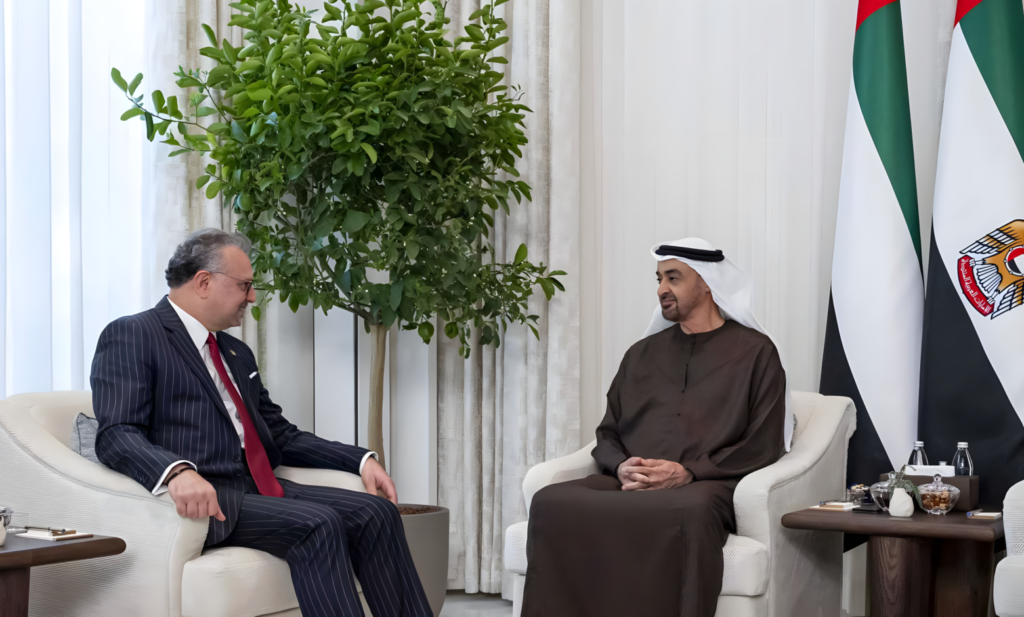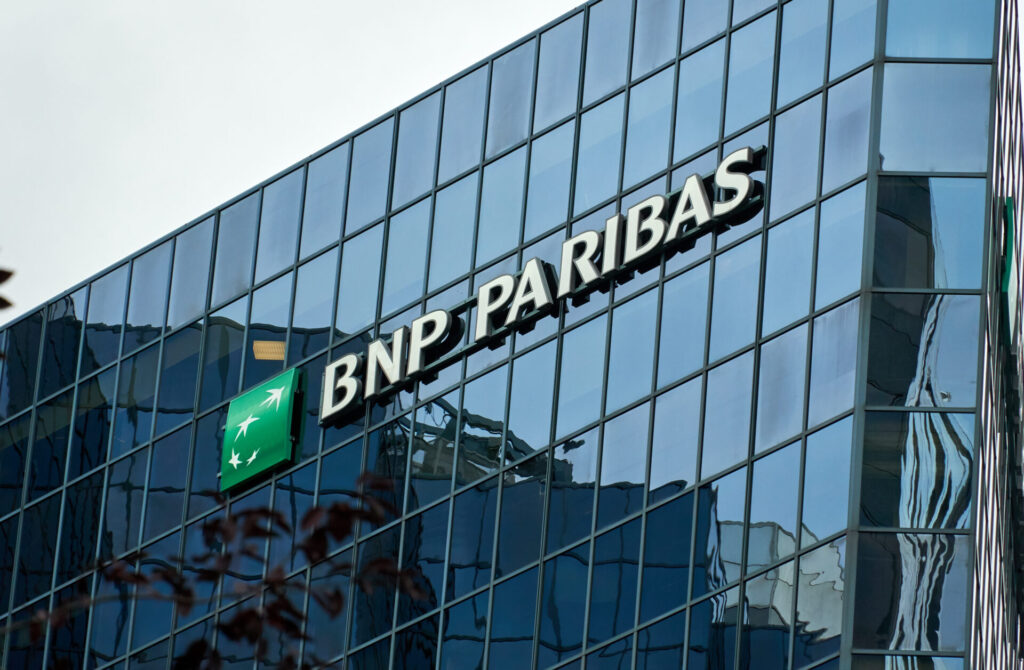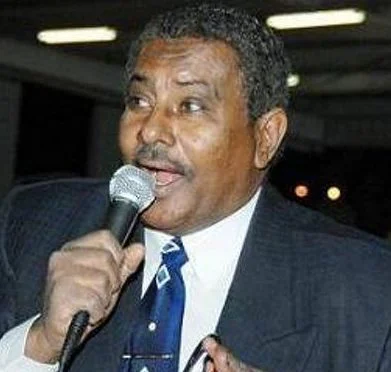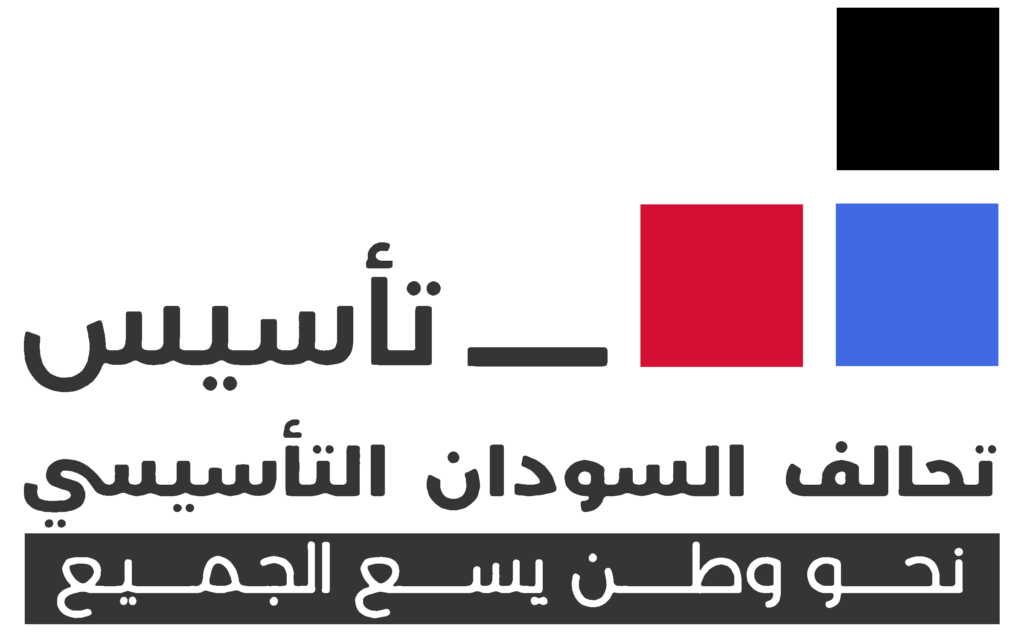
South Sudan has informed the Trump administration it is open to receiving more deportees from the United States, Politico reported Wednesday.
The announcement follows the recent deportation of eight migrants, only one of whom was confirmed to be South Sudanese, raising questions about identity verification.
The deportees had been held at a US military base in Djibouti before being transferred to the East African nation under opaque circumstances.
In return, Juba is seeking significant concessions from Washington, including the lifting of sanctions on a senior official and reinstatement of revoked US visas.
The government also requested access to a frozen US-based bank account and support for legal action against First Vice President Riek Machar, who remains under house arrest.
The Trump administration has reportedly rejected these demands, maintaining pressure on Juba as part of a broader immigration crackdown.
Tensions escalated in April when US Secretary of State Marco Rubio imposed a visa ban on South Sudanese passport holders, accusing Juba of obstructing deportations.
That move followed South Sudan’s initial refusal to accept a deportee it claimed was Congolese, though the individual was later admitted under US insistence.
Since gaining independence in 2011, South Sudan has been wracked by civil conflict, with a deadly power struggle igniting in 2013 between President Salva Kiir and then-Vice President Machar.
Although peace accords were signed in 2018 and 2022, political instability and ethnic violence persist across the fractured nation.
In February, the White Army militia—linked to Machar’s Nuer ethnic group—seized control of a strategic town in Upper Nile State, triggering swift reprisals.
Government forces responded by arresting several senior SPLM-IO figures, intensifying internal rifts within South Sudan’s fragile power-sharing arrangement.




